COVID intruded into our world last Winter, then raged through the Spring and Summer of 2020. After taking a small break in the Fall, it exploded again–predictably–on the heels of reckless Thanksgiving and Christmas travel.
So here we are, rounding the turn on our first full year of COVID.
The wreckage of the pandemic is all around us: millions out of work, thousands of small businesses shuttered, over four hundred thousand dead.
Telling stories
As human beings, we try to create order out of chaos, to make sense of the senseless, and find meaning in the void. One way we do this is by telling stories.
Each of us has a story—of death, of disruption, of loss. But also, perhaps, a story of hope, of small acts of kindness, of the re-thinking of “truths” that may no longer seem to be quite so true as they were before.
Here is mine; at least the start of it.
There were already whispers of a virus in Wuhan, a remote Chinese province, in January of 2020. But we had heard such things before. The diseases were always “over there”: Ebola in Africa, SARS (Sudden Acute Respiratory Syndrome) in China, MERS (Middle East Respiratory Syndrome) in the Middle East. When these illnesses finally made it to our shores, it was in a weakened state. There were no widespread panics, no lockdowns, no urgent calls for mass vaccination programs.
By last March, though, panic had set in. We were in full lockdown.
My office in San Francisco is on Union Street, a tourist friendly boulevard lined with restaurants, hair and nail salons, and small boutiques. Overnight, it turned into a ghost town.
As an essential health care worker, I did not have to shut down my office. But I did, choosing to participate in the public health project and working to defeat this virus.
But despite the devastation I saw on Union Street, there were also some glimmers of light; of hope and possibility.
There was the initial excitement of, “Wow, now I have an excuse to just chill for a couple of months, stop working for the first time in forty years, and even collect almost a thousand dollars of unemployment per week while doing it!
How many of us thought we would finally get to work on that novel, learn to play guitar, or perfect our culinary skills?
But then a low level anxiety began to creep in; troubling thoughts such as: “How long will this thing go on?” and “Why can I still only play those same five guitar chords?”
Back to work
After six weeks I returned to work, glad to do so, but not without some trepidation. My work as a chiropractor puts me in close physical contact with my patients. But I am an “essential worker.” People were in pain and I was willing to take the risk; as were they. It’s what I do.
Others returned to work as well. Restaurants and some small shops on my street slowly opened in limited ways, with skeleton crews, barely scraping by with PPP (Payroll Protection Program) money that would soon run out. Others, like the “knowledge workers” in tech, finance, and law, had always been able to keep working–but they did so from home, glued to their computer screens, part of the new “Zoom economy.”
After the initial novelty and enjoyment of rolling out of bed and working in sweatpants, many people–worn down by Zoom fatigue—began to long for human contact. Millions of parents had to figure out how to home school their kids, many of them without the resources to create “learning pods.” And there was the ever present fear of more shut downs, more jobs lost, unemployment benefits slashed, rent or mortgage payments overdue, savings drained.
A cloud descended upon us all.
On naming
There is value in naming things. It gives us power over the vague and nebulous forces that can unsettle our lives. So let’s give this a name. Let’s call our current, collective state what it is: COVID Depression.
For most of us the place we find ourselves is unprecedented, uncharted territory. We are hacking through a thick jungle of unknown depth, psychic machetes in hand. It is unclear what we will find on the other side of it.
And it is exhausting. Can’t you feel the weariness?
It is hard to thrive right now.
What we are experiencing as a society is a spiritual illness that unfolds alongside the pandemic, whether we have been direct victims of COVID-19 or not. So let’s acknowledge where we are, and be as kind to ourselves and to each other as we would be to someone suffering through a deep sadness.
As always, we are all that we have. So we must support one another as we might during any disaster—be it an earthquake, hurricane, or pandemic. It is better for us to weather this journey together.Copyright 2021
Dr. Ricky Fishman has been a San Francisco based chiropractor since 1986. In addition to the treatment of back pain and other musculoskeletal injuries, he works as a consultant in the field of health and wellness with companies dedicated to re-visioning health care for the 21st century. He is the founder of the health news and information website, Condition: Health News That Matters. His first book, “Back Pain Relief Plan” will be released in April, 2021
ricky@rickyfishman.com www.rickyfishman.com
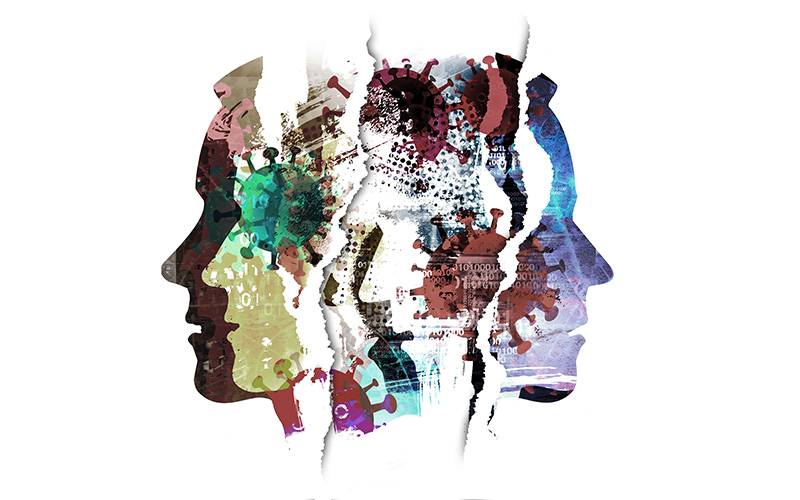
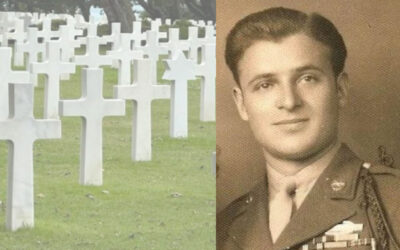
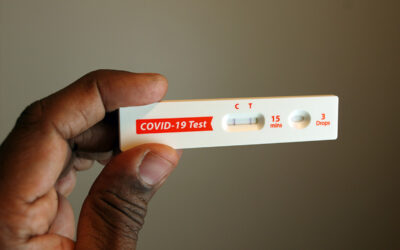

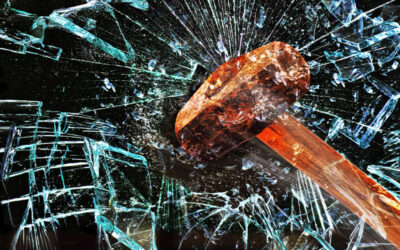
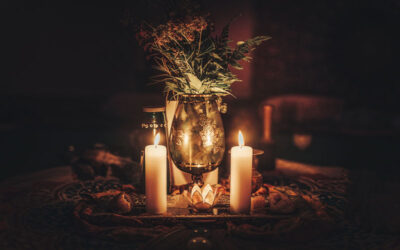

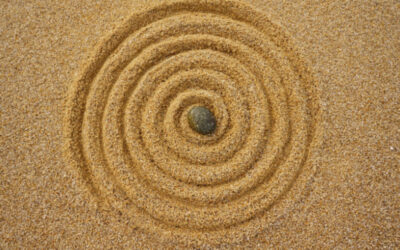
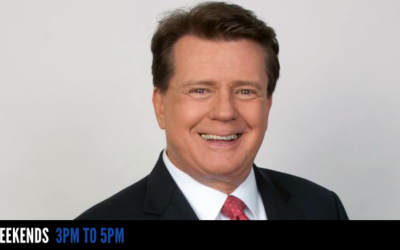
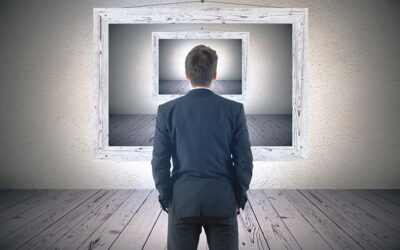
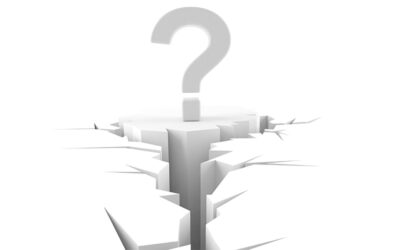
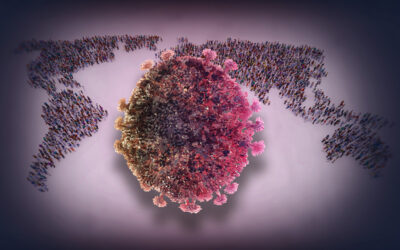

I need to to thank you for this great read!! I certainly loved every bit of it. I have got you book-marked to look at new things you postÖ